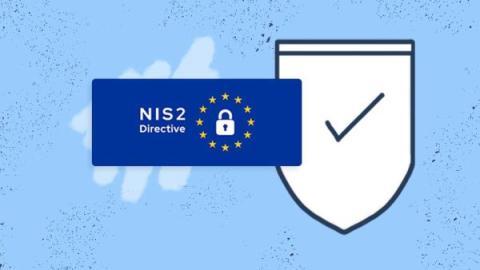What Is the Impact of Digital Operational Resilience Act (Dora) on My IT?
If you’re in banking, you know the drill. Adhering to stringent EU regulations is a standard practice. This involves undergoing extensive audits, closely managing IT assets, maintaining your CIA (Confidentiality, Integrity, Availability) rating, conducting and responding to fire drills, and establishing continuity plans. So far, nothing new, and if you’re in other highly regulated environments, you know that these measures are commonplace.











